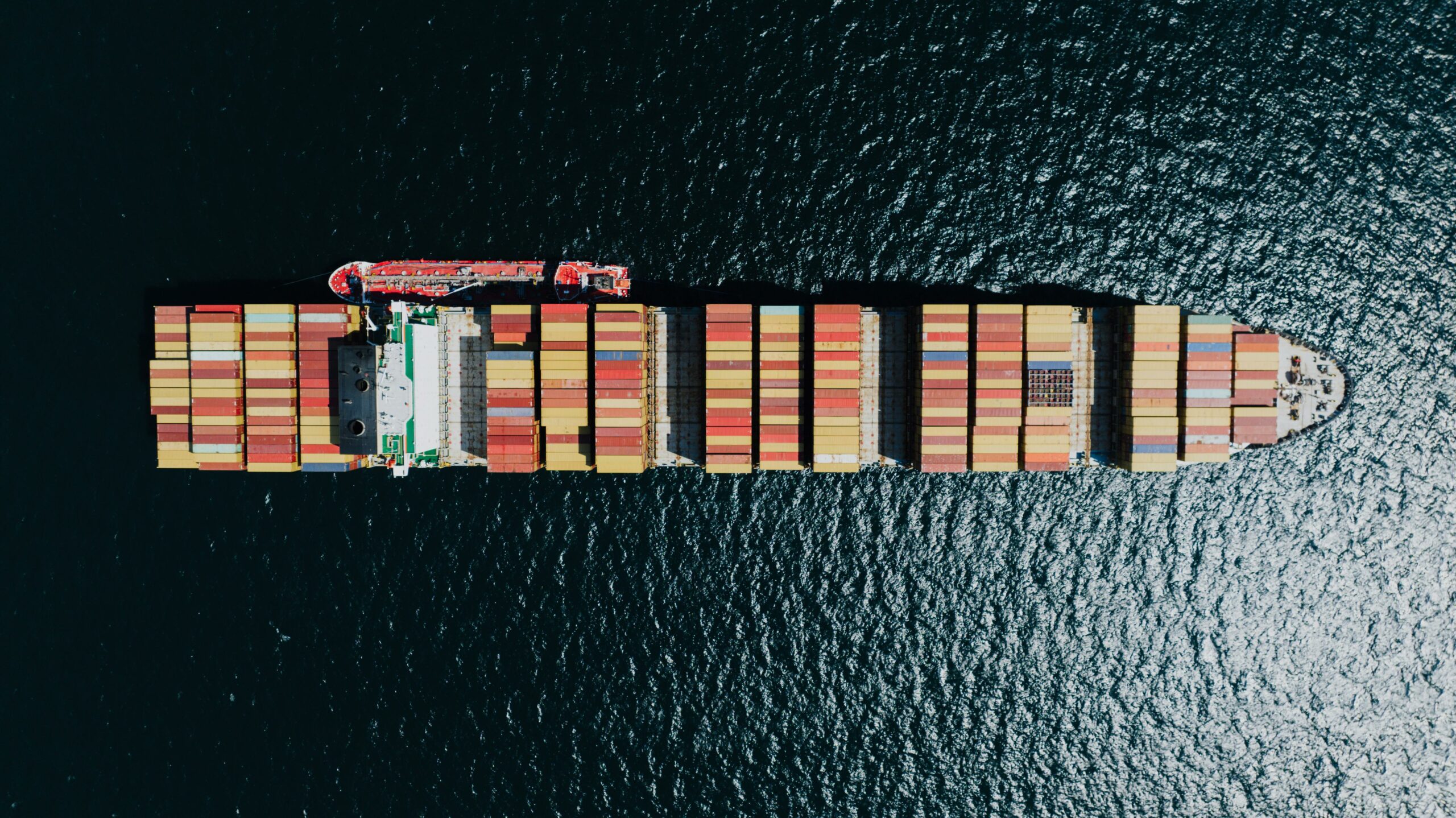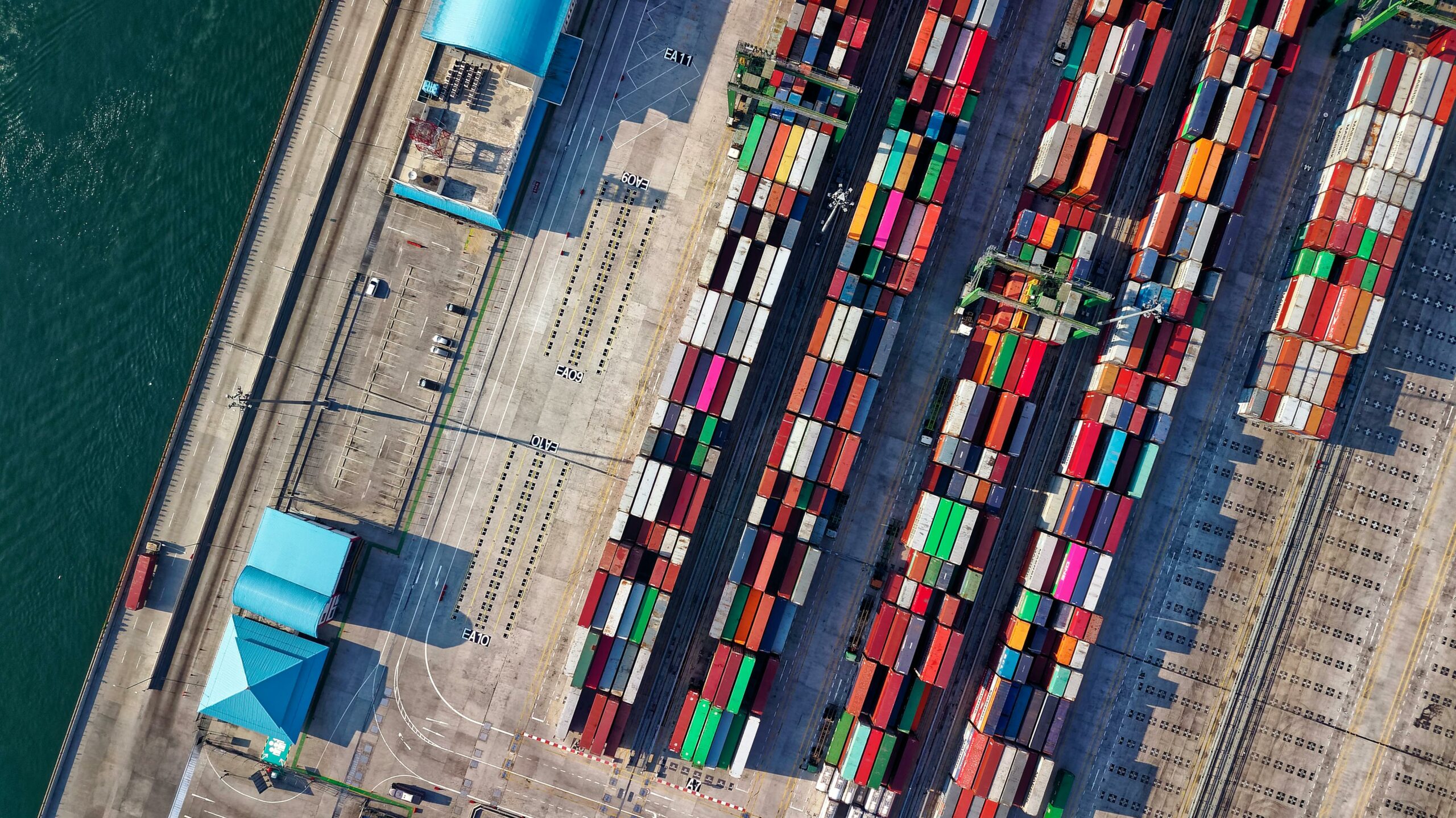Switching to Sustainable Shipping
Reducing carbon emissions within the shipping industry
BY Meelunie 24/10/2024The shipping industry accounts for around 90% of world trade carriage and is responsible for some 3% of global carbon emissions, making it one of the largest sectoral contributors to this challenge. As companies worldwide strive to meet more ambitious environmental goals, the need for sustainable alternatives within shipping is increasingly urgent. As part of its response, Meelunie has partnered with CarbonLeap to implement a fuel switch, substituting fossil fuels with biofuels to reduce emissions across its shipping operations.

Old cooking oil, new innovations
Meelunie has been carrying out fuel switches since 2020 but teamed up with CarbonLeap in 2022. “We joined forces with CarbonLeap to achieve a net-zero supply chain and accelerate innovations in the voluntary carbon market” explains Jeroen de Waaij, Meelunie’s Global Sustainability Manager. “Even before our partnership with CarbonLeap, for the Rotterdam – Hong Kong part of our value chain we were committed to a carbon volume that corresponds with the annual freight that we ship on that route. We chose Rotterdam – Hong Kong because this was the very first route on which Meelunie shipped products back in the earliest years of the company. More recently, we extended the focus to our Rotterdam – Shanghai shipping route, as this is an important trade lane for our Windmill products and our Chinese office is also located in Shanghai. And now we’re investigating the possibility of adding a trade lane to the US. CarbonLeap implement scalable emission reductions on our behalf by substituting fossil fuels with second generation biofuels made from, for example, used cooking oil or food waste stream across modalities and geographies, thereby decarbonising a portion of our scope 3 emissions. This reduces our carbon footprint by 80-90% on that route and is also sulphur-free.



Mass Balance Principle
In its collaborations with the industry, Meelunie and CarbonLeap deploys the Mass Balance Principle when it comes to reducing emissions within the value chain. The principle holds that it doesn’t matter where in the atmosphere you reduce carbon, as the net impact on the atmosphere is the same. Given the challenges around shipping companies adopting biofuels as a viable fuel alternative, coupled with the logistical issues of having these fuels readily available in various ports, applying the Mass Balance Principle allows CarbonLeap to make the switch to more sustainable fuels in the most efficient locations. This ensures biofuels are used as effectively as possible, thus maximising the net effect of the carbon emission reductions.

CarbonBank
Pilots are currently being conducted for carbon-reduced shipments. “The main focus is on the deep-sea leg, but we’re also looking into including pre- and on-carriage” says Jeroen. “By offering our customers this service we want to increase awareness and involve our supply chain partners in sustainability initiatives within our value chain, such as fuel switches.”
Meelunie uses the CarbonBank service of CarbonLeap to allocate the carbon savings to customers, thus creating impact down the value chain. The CarbonBank is a blockchain-based carbon allocation tool, developed in collaboration with SAP Green Token, that lets you manage and account for carbon reductions efforts, and assign savings to different supply chain partners. “The next step will be to include the carbon footprint from cultivation and production, next to our logistics-related emissions calculated by BigMile. Once we’ve done that, we can share the carbon emissions on delivery of the product and offer carbon reduction options (cradle-to-gate). With the ultimate goal of eliminating our carbon footprint and making our entire supply chain net zero.”
